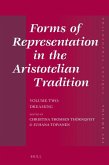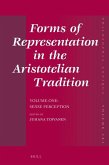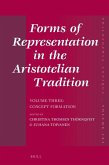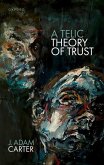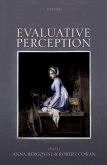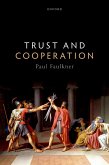Human knowledge, as we understand it in the everyday, appears to make up a complex category, admitting of numerous forms, species, modes, or variations. Reflection on this complexity reveals a whole ecosystem of questions and issues worthy of careful philosophical investigation. Yet contemporary epistemology tends to downplay the heterogeneity of knowledge, in part through its distinctively narrow focus-primarily on 'receptive' propositional knowledge-and in part through a tendency to assume, rather than to investigate, the perfectly general applicability of the various definitions of knowledge it develops. Against this background, many questions and issues concerning the heterogeneity of knowledge remain under-explored. This volume identifies the study of the unity and heterogeneity of knowledge as a distinct subtopic of epistemology. It asks what forms of knowledge there are, what is distinctive about each, how they relate to one another, and what kind, or kinds, of unity we can discern unity amongst them. Forms of Knowledge brings together philosophers working across a broad range of the philosophical literature-not only in contemporary theory of knowledge, but also in the history of philosophy, the epistemology of understanding, philosophy of mind, action-theory, ethics, art and aesthetics, and philosophy of psychiatry-to consider how best to theorize the unity and heterogeneity of knowledge. By foregrounding this underexplored set of issues, it offers a new perspective on some of the most central of our ordinary epistemological categories.
Bitte wählen Sie Ihr Anliegen aus.
Rechnungen
Retourenschein anfordern
Bestellstatus
Storno


